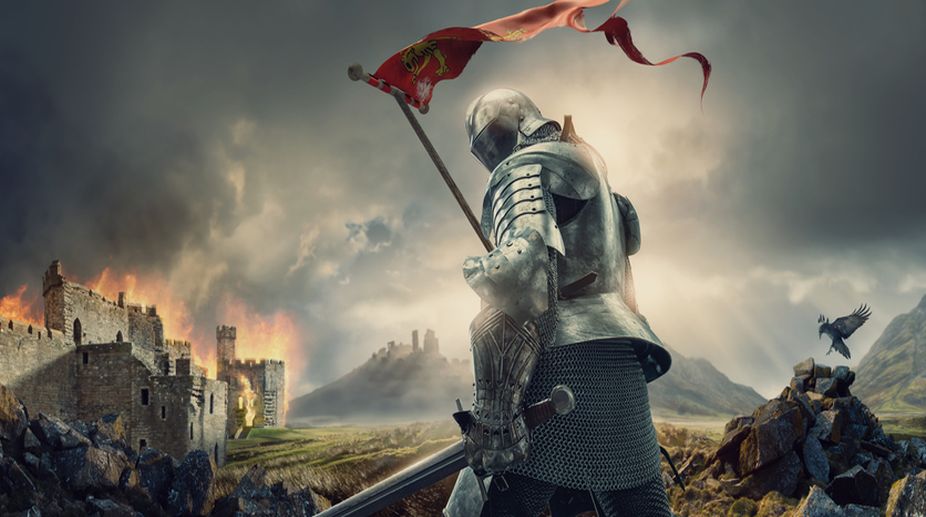While a formal order is yet to be pronounced, the Delhi High Court has, through its observations, indicated distinct displeasure at seeking political capital from the funeral pyres of military veterans. It has opined that every soldier who dies cannot be hailed as a martyr: their Lordships Gita Mittal and Anu Malhotra thus making a valiant bid to restore sanctity to the overused term. A person who commits suicide cannot be called a martyr, they contended. The court was hearing a series of petitions, but focused on the Aam Aadmi Party government in Delhi having made a martyr of ex-serviceman Ram Kishan Grewal who took his life last November during a protest by veterans over what they contended was skewed implementation of the One-Rank One-Pension (OROP) scheme. The Delhi government’s announcement of a substantial financial “compensation” to Grewal’s family had earlier been shot down by the Lieutenant-Governor, since the man had no Delhi links. The High Court went even further, asking what duty Grewal was discharging at Jantar Mantar? “He committed suicide on his own, can he be called a martyr?” While the judicial reprimand was directed at the Kejriwal government, Opposition parties across the board were obliquely condemned: Grewal’s death had been used to flay the BJP government at the Centre. There had been ugly scenes at the hospital to which Grewal’s body had been taken, “dramatic” protest at the Mandir Marg police station. And then, led by Rahul Gandhi and Kejriwal (separately, to be sure) Opposition leaders, including Derek O’Brien of the Trinamul, had congregated at a village in Haryana for Grewal’s funeral ~ but there was little follow-up by them on the OROP front. The observations of the Delhi High Court did not go into matters political, but its’ seeking a definition of “martyr” ought to cause the political class considerable embarrassment.
In recent times there is evidence of political advantage being sought from the martyrdom of military and paramilitary personnel in Jammu and Kashmir, the North-east and the Maoist-infested region in Central India. With television crew present when homage is being paid to those who made the supreme sacrifice, it has become “prudent” for politicians to be there too: an unhealthy “competition” has taken shape, politicians point accusing fingers at members of other parties who stayed away. The solemnity of such occasions has been impacted and the manner in which some persons strive to be “on camera” actually detracts from the honour due to those who died with their boots on. A military funeral is not a “photo-op”: greater respect would accrue to those leaders who battle for creating conditions in which internal security duties do not involve laying down one’s life for the nation.
Advertisement









